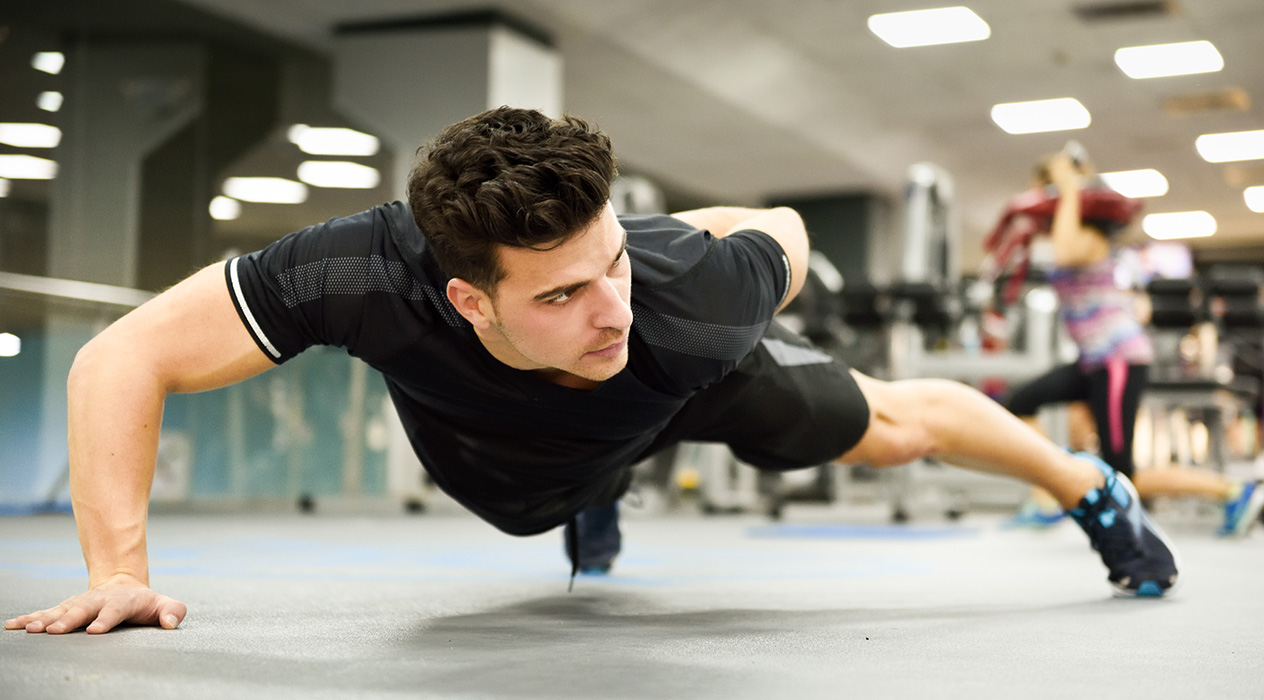
The importance of exercise in your teen’s life
Encouraging your child to participate in a school or community based sport; gymnastics; ballet; martial arts; or, the like, will reap countless benefits.
The U.S. Centers for Disease Prevention reports that 60% of our young people, between the ages of 9 and 13, participate in no organized physical activity, outside of school. Further, that 23% engage in no free time physical activities. While many children are faced with mounds of homework each evening, it’s still very important that they are active.
Exercise Is No Longer a Built-In Part of the Day
Today’s middle-aged adults may find ourselves fighting a stubborn middle-age spread. Former high school track stars have evolved into busy parents who juggle careers and families, making it hard to maintain earlier fitness levels. Without a doubt, when we were young, many of us were more active. We rode bikes to our friends’ homes and spent hours playing outside. If we wanted to watch a movie, we had to actually get up and go to a theater. If we wanted to play video games, many of us went to an arcade – often traveling by bike to get there.

Compare that to today’s kids, who have everything they need for hours of entertainment that is conveniently located in their family computer or smartphone. Even buying things can be done with the click of a mouse. As a result, today’s kids are inherently more sedentary than past generations. The exercise we got naturally – through bike rides to our friends’ houses and playing outside – are not a necessary part of their daily life. Exercise has to be planned and scheduled. Rather than being a natural expectation, it’s become an additional activity.
Set Up Healthy Habits for a Lifetime

Establishing fitness habits at an early age can lay the foundation for a lifetime of healthy habits. Pre-teens are usually still quite moldable. Habits that are instilled will usually continue with your child, for a lifetime. If you teach your children the importance of being active and you lead an active lifestyle, your children will become accustomed to exercising and staying fit; a habit that will likely to continue through college and adulthood.
Without a doubt, pre-teens present challenging years for the individual and her loved ones. Exercise can boost confidence, release endorphins, reduce that antsy pent-up energy kids this age get, alleviate tension, and boost confidence. Whether the confidence comes from knowing your child can outrun a bully or whether from knowing he or she is healthy, strong and fit, fitness is a definite bonus. Who wouldn’t want to equip their child with extra confidence as they’re sent off to middle school?

Overall, a healthy incorporation of exercise helps your child gain a foundation for healthy living. She will benefit from cardiovascular health, a surge in confidence, and even the possibility of improved academics, as studies have shown that children who are active in their pre-teen years perform better on some academic tests.


